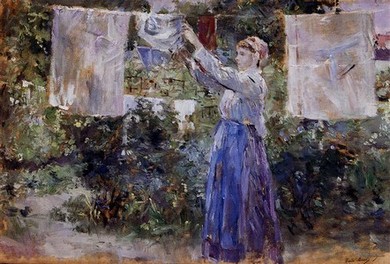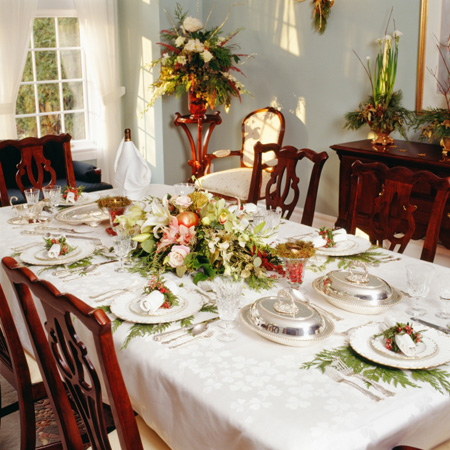Walt Whitman (1819 – 1892)
IWho is the speaker of this poem? hear America singing, the varied carols I hear,
Those of mechanics, each one singing his as it should be blitheglad; cheerful disposition and strong,
The carpenter singing his as he measures his plank or beam,
The mason singing his as he makes ready for work, or leaves off work,
The boatman singing what belongs to him in his boat, the deckhand
singing on the steamboat deck,
The shoemaker singing as he sits on his bench, the hatter singing as he stands,
The wood-cutter's song, the ploughboy'sa young, male field worker who steers animals that pull a plow on his way in the morning, or at noon intermission or at sundown,
The delicious singing of the mother, or of the young wife at work, or of
the girl sewing or washing,
Each singing what belongs to him or her and to none else, How do these individual songs contribute to a broader American identity?
The day what belongs to the day--at night the party of young fellows,
robusthealthy; strong; vigorous, friendly,
Singing with open mouths their strong melodious songs.
 Contadina che appende il bucato, By Berthe Morisot
Contadina che appende il bucato, By Berthe Morisot
The delicious singing of the mother, or of the young wife at work
